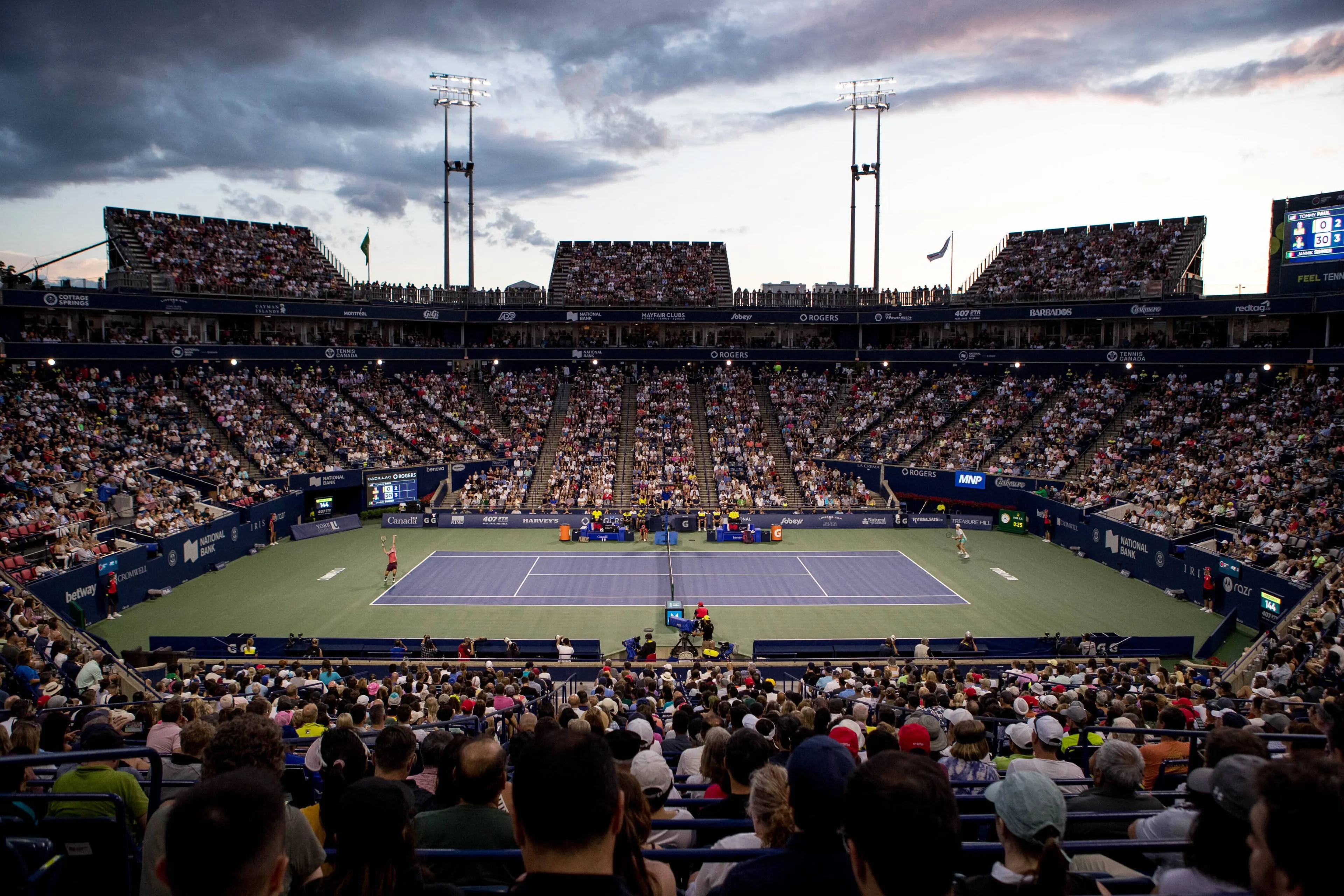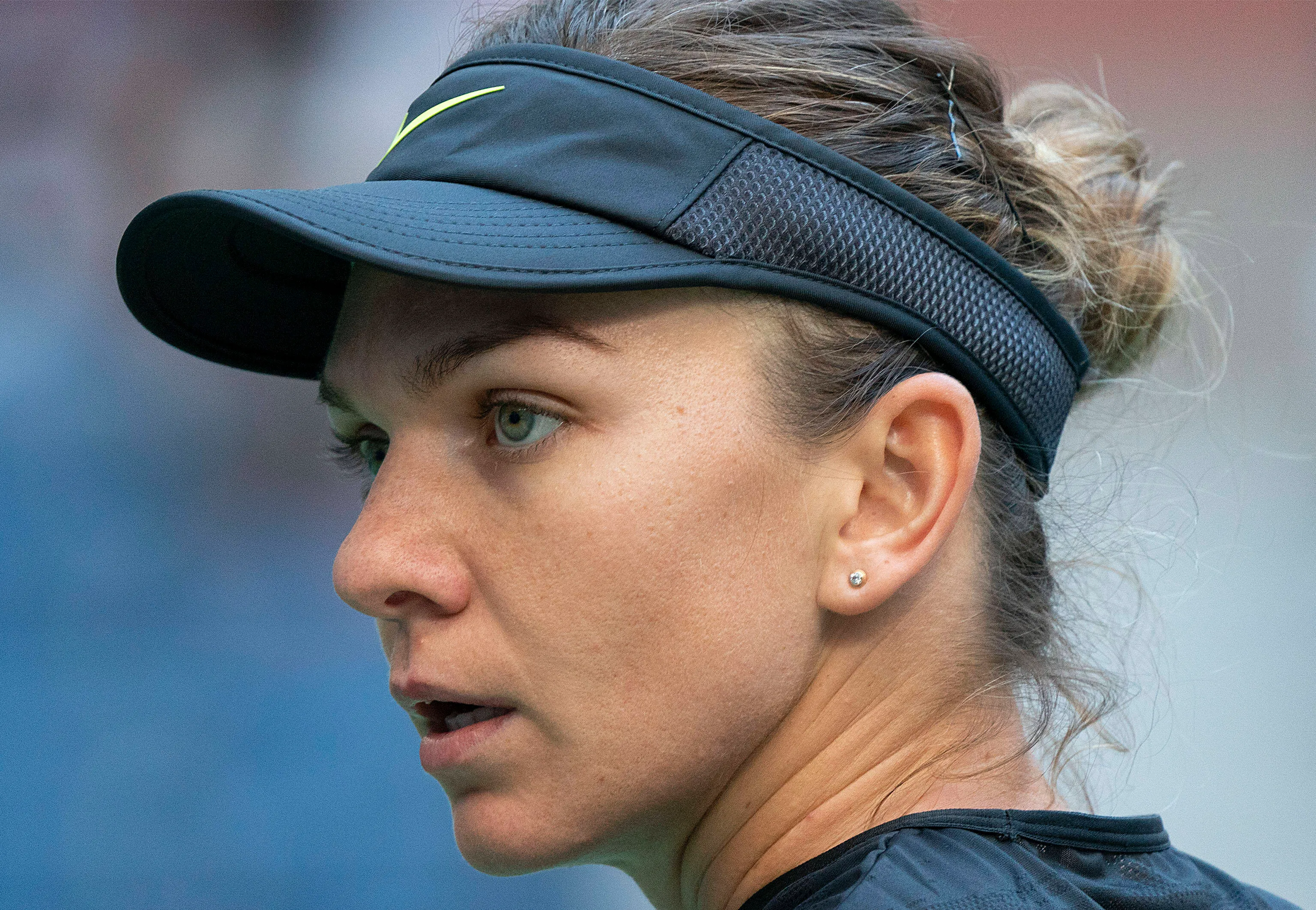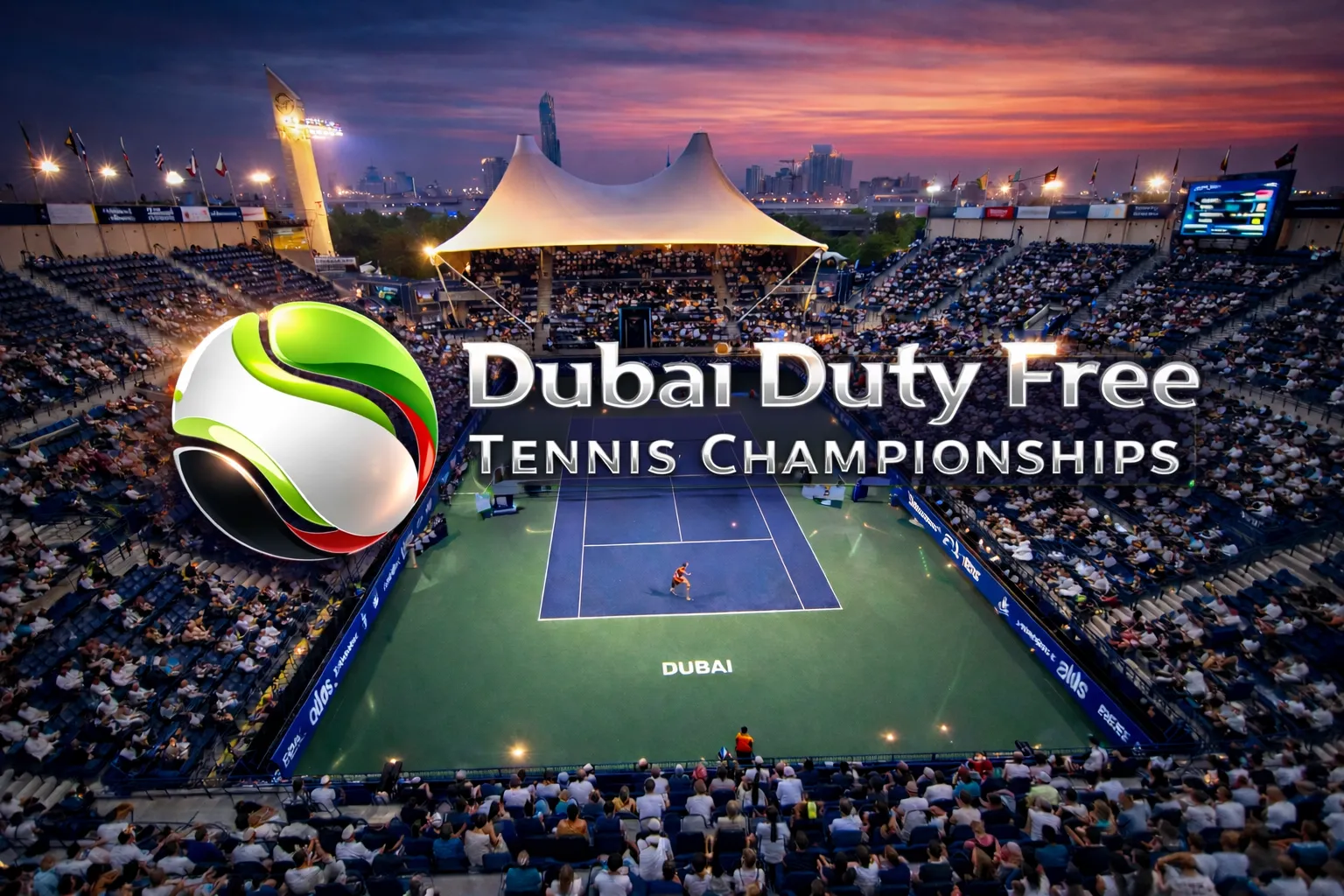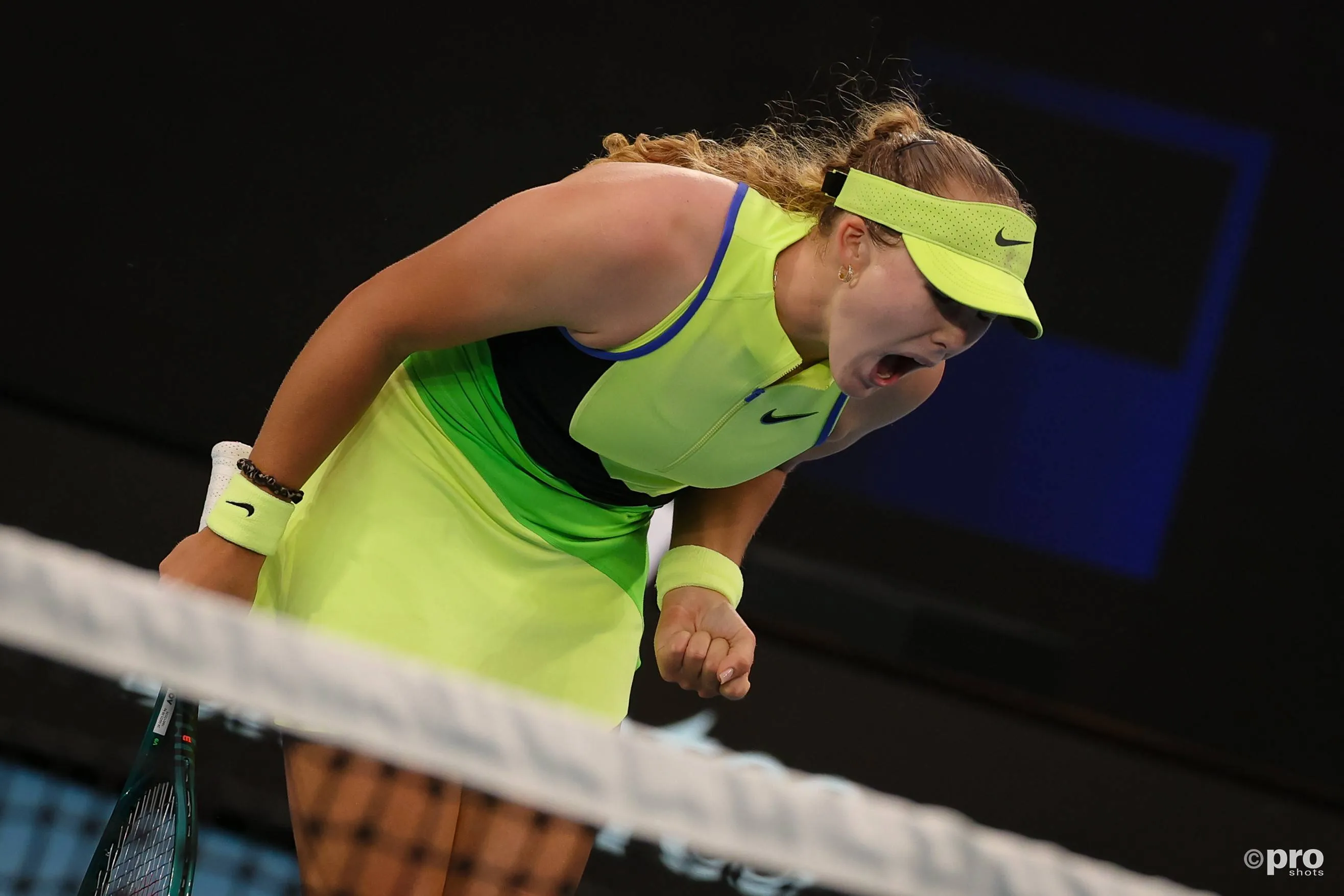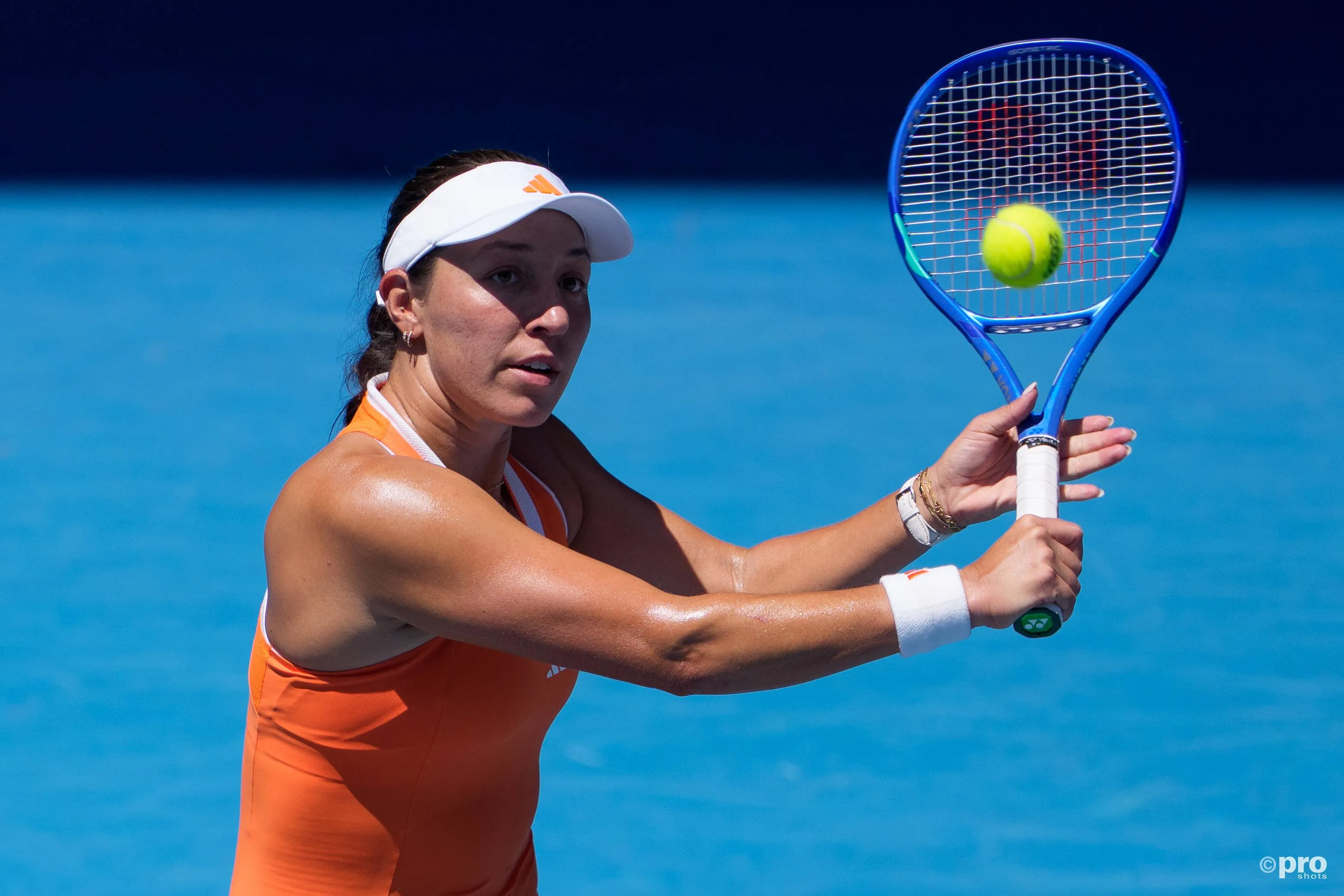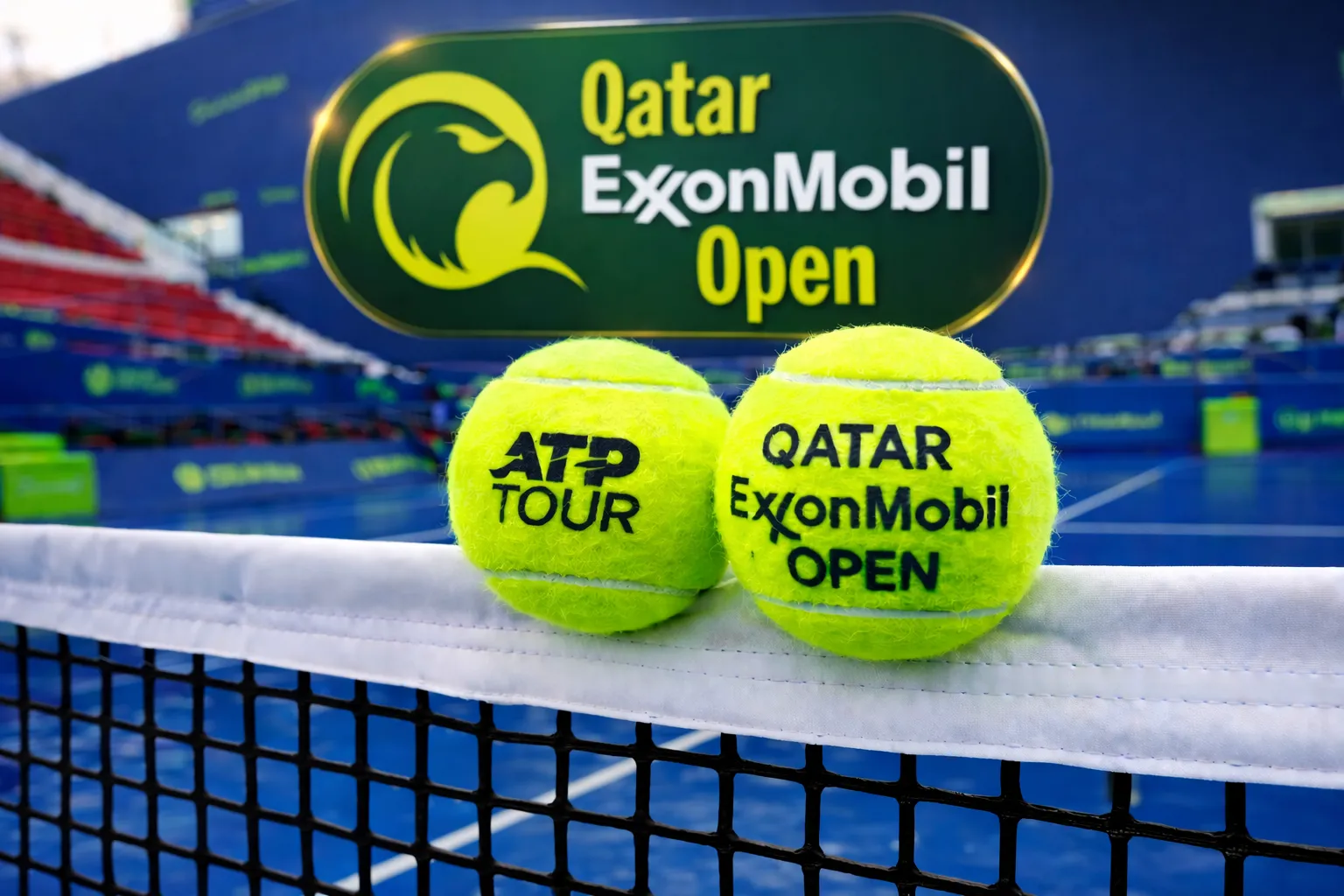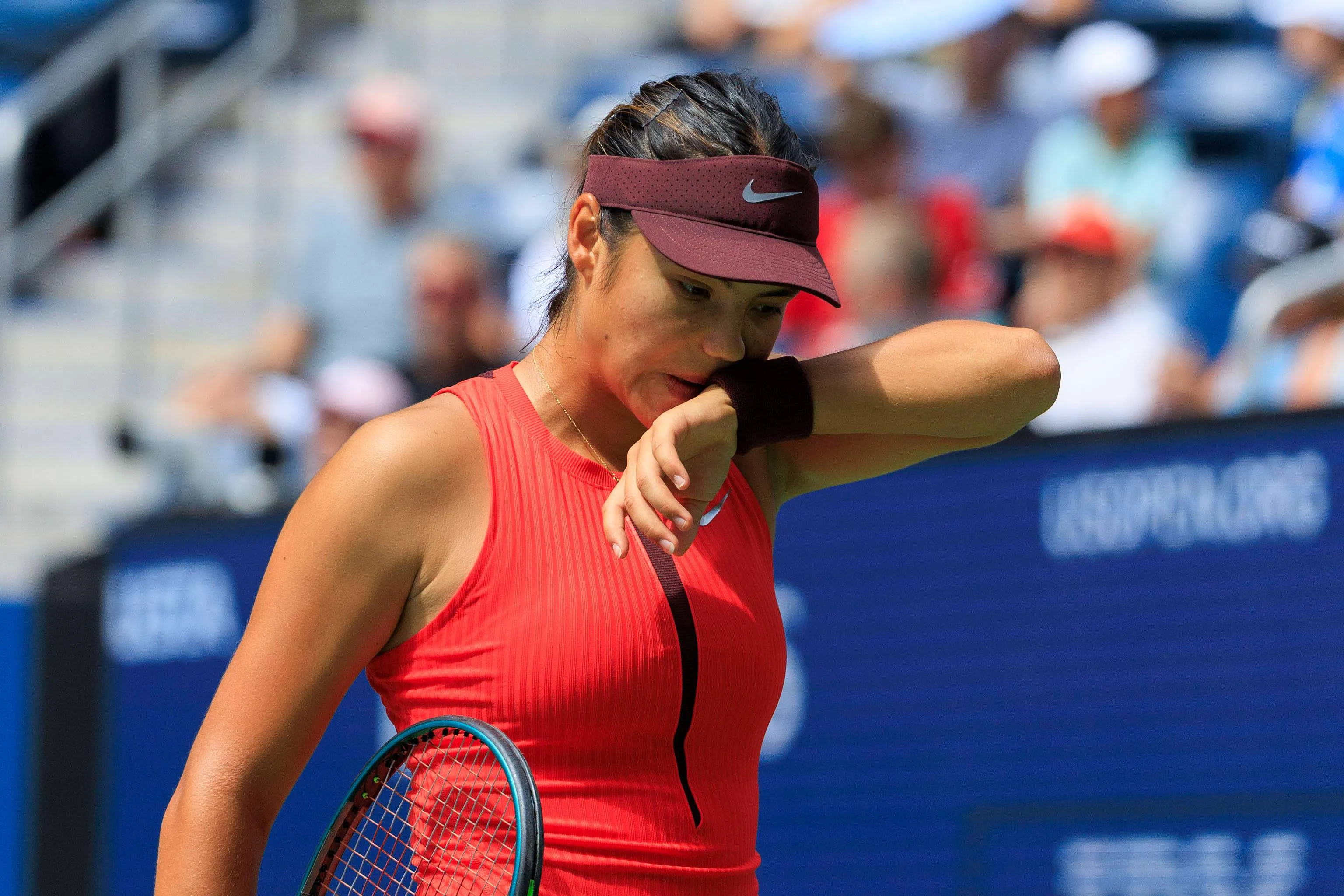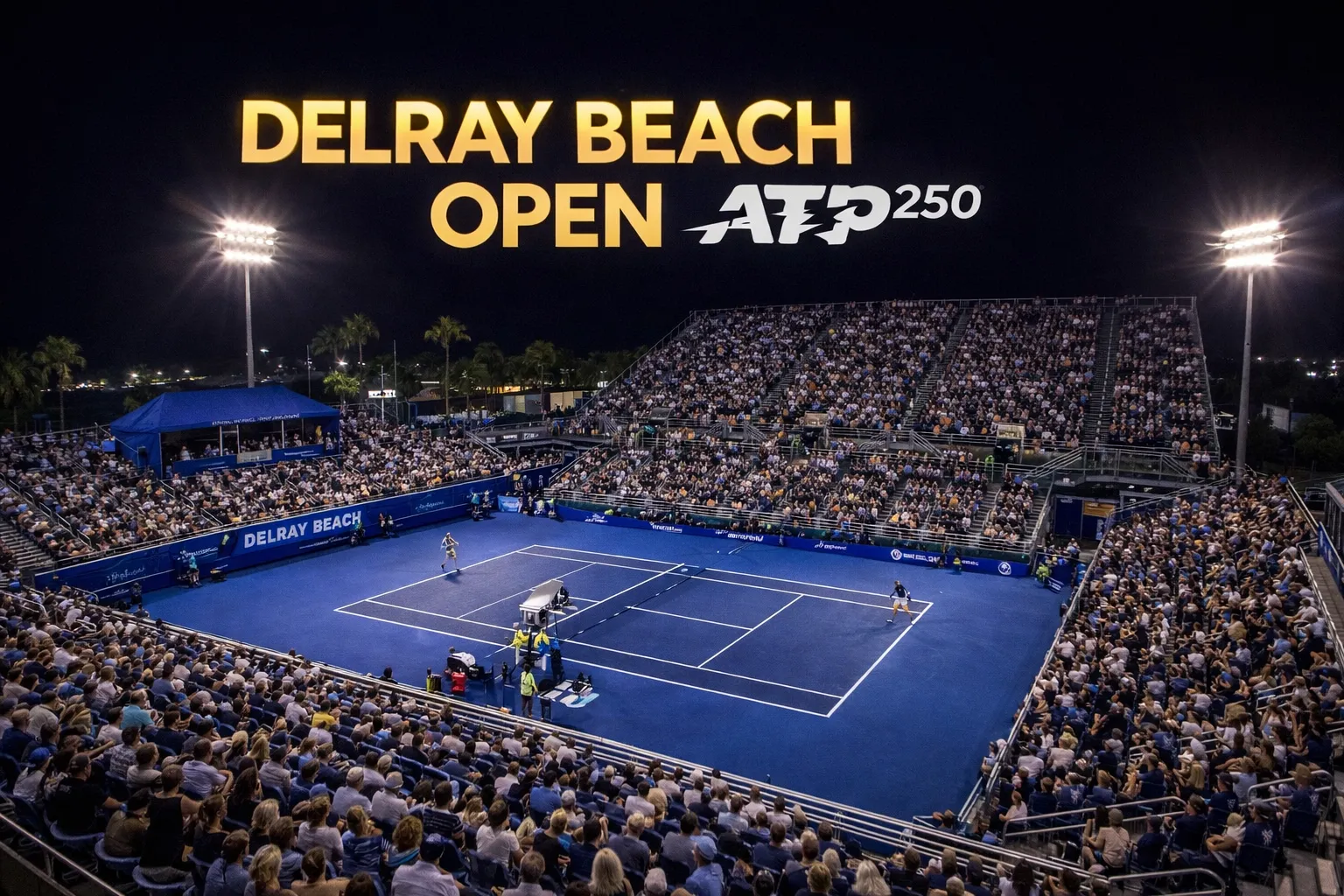Halep was blocked from Sinner's Paris Masters clash: "It was too painful to know that I'm banned"
WTAFriday, 09 August 2024 at 03:14
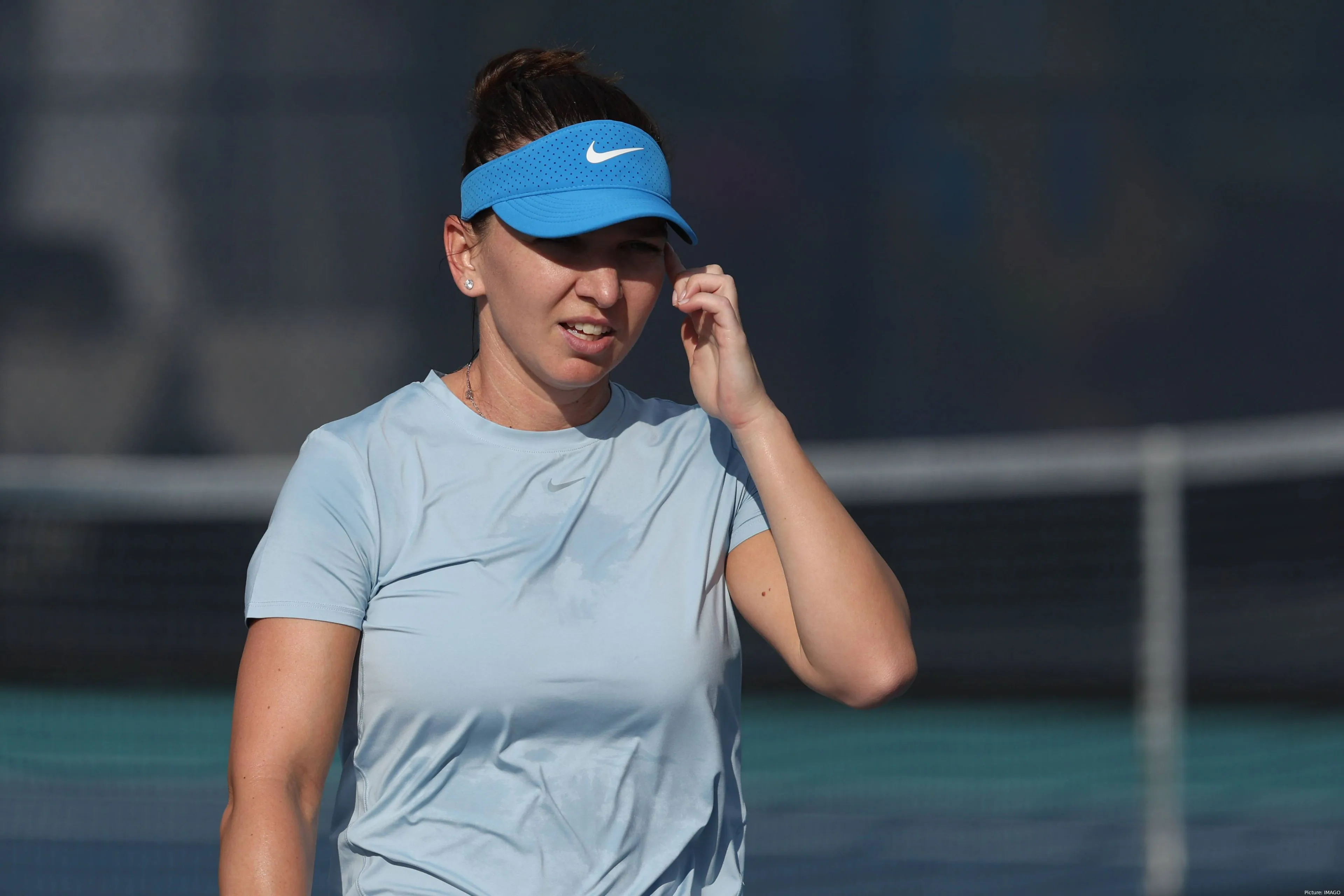
Simona
Halep was banned from attending a Jannik Sinner match while she was suspended.
The former world No. 1 was provisionally suspended in 2022 for doping and later
received a four-year ban for taking Roxadustat. After appealing, the ban was
reduced, and she returned to the Tour in March at the Miami Open.
However,
the much-anticipated return didn’t go as expected for Halep. The Romanian has
only played in two events so far, and injuries have prevented her from
competing since May this year at a WTA 125 event. Additionally, her lack of
ranking forces her to request wildcards to participate in WTA-level
tournaments.
Simona Halep's painful ban
The last
two years have been a nightmare for Halep, who suddenly had to face an
unexpected doping ban. Back in 2022, the 2-time Grand Slam champion had won the
WTA 1000 Canadian Open and reached world No. 6, but she was stunned in the
first round of the US Open, which would be her last match for over 18 months.
Read also
After
receiving the doping ban, Halep would only be able to return to the courts in
2026. This not only meant that she couldn't compete, but she was also barred
from attending ATP, WTA, ITF, and Grand Slam events as a spectator: “You know,
I’ve never been in jail, and hopefully I'll never be, but they say, many people
told me it looks like you are in jail,” Simona Halep told We Are Tennis. “I
could not go watch a tennis match. This was the most difficult thing.”
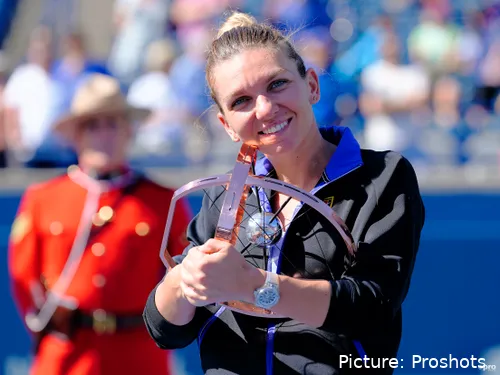
Simona Halep won her last title in 2022 Canadian Open.
The former
world No. 1 was unable to attend Jannik Sinner’s match at the Paris Masters.
The Italian works with Darren Cahill, Halep’s former coach, who has maintained
a close relationship with the Romanian for years: “So, they told me, I wanted
to go to Paris Bercy to see Sinner, and I was not able,” she said. “So, what
did I do that bad that I'm not able to watch a match? This is too much, in my
opinion. When I got the freedom, it was like a relief and the light came back.”
“I did not
watch much,” Halep added. “Because it was too painful to know that I'm banned
and I cannot even play or I cannot even watch in life. I said, I'm not going to
watch the TV. I watched, I think, maximum eight, ten matches in two years.”
Read also
“It has
been a very difficult period (almost two years) mentally and emotionally for
me, and struggling physically on top of that definitely doesn’t help. I have
decided to take the time needed to recover properly, rather than training and
playing through pain. My instinct has always been to try to come back as soon
as possible, but I am not a machine, I am a human being, and I need time to
recover from everything I have gone through.”
claps 0visitors 0
Just In
Popular News
Latest Comments
- The poor Head Sportswasher has been whining and crying in the media, and basically threatening Saba, Iga, etc. Must be a real Ego Buster when they dangle money and people (especially Women) say, 'No thanks'.
- "Losing-itis" is not uncommon in Emma's small world. Just keeps begging the question, 'What are sponsors paying for? Limited tennis appearances... or Social Selfie Media presence?'
- Dubai can suck it up like everyone else. Just because they think they run the show, they do not. Sportswashing does not give them Power.
- You're losing your mind here.. You use a lot of space, yet inadequate knowledge. Read the WTA Rule Book 2026; it answers all your questions and accusations.
- Why single out Iga and Aryna to punish?, Since when do players get punish because they withdraw from tournaments? Maybe if they both were treated like number one and two players, they would not have this problem. The WTA discriminates against them because of their nationalities, yet they want to make money off them. Every tournament, Iga has harder draws than qualifiers from the beginning to the end. In the Australian Open they stuck Aryna out in the sun the majority of her matches in order to tire her out. She is the number one player in the world and she never got the opportunity to play with the roof closed. If they want these top players to continue playing and making money for them, then they should treat them as such. Otherwise, get the players who they are always giving out cupcake draws to like Pegula to play their tournaments. Lets see how many seats in the audience she will fill. Iga has more fans in the seats than any player in the WTA, yet she is always disrespected and mistreated because of her nationality. The WTA is a corrupt, bias and racist organization. No matter what job someone is on, you cannot tell them that they are not sick or injured.
- LOL. Billie Jean King hates being a woman.
- Pulling out a tournament is not illegal. Therefore, that is no problem. Maybe they need more rest.
- It is simple. If you do not want cameras following you, get away from tennis and go find another job. Cameras and interviews are a part of the job. They do not mind cameras when they are winning. If the women tennis players would put the same amount energy to playing tennis as they do with complaints, women tennis would be exciting to watch.
- Yeah, that's what I would do... be nice and lose a match
- Turns out Swiatek is as big a cheater as Draper (remember vs FAA?)when she didn’t admit to hitting a double bounce drop shot. The blind chair ump didn't even see it on the replay but fortunately got the correct call from someone on the phone (supervisor?) we all saw it…..it wasn’t even a close call. Great win Sakkari !!
Loading
